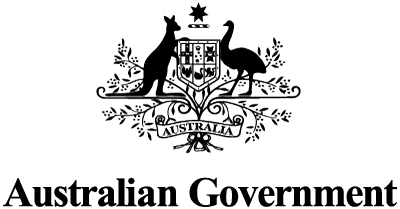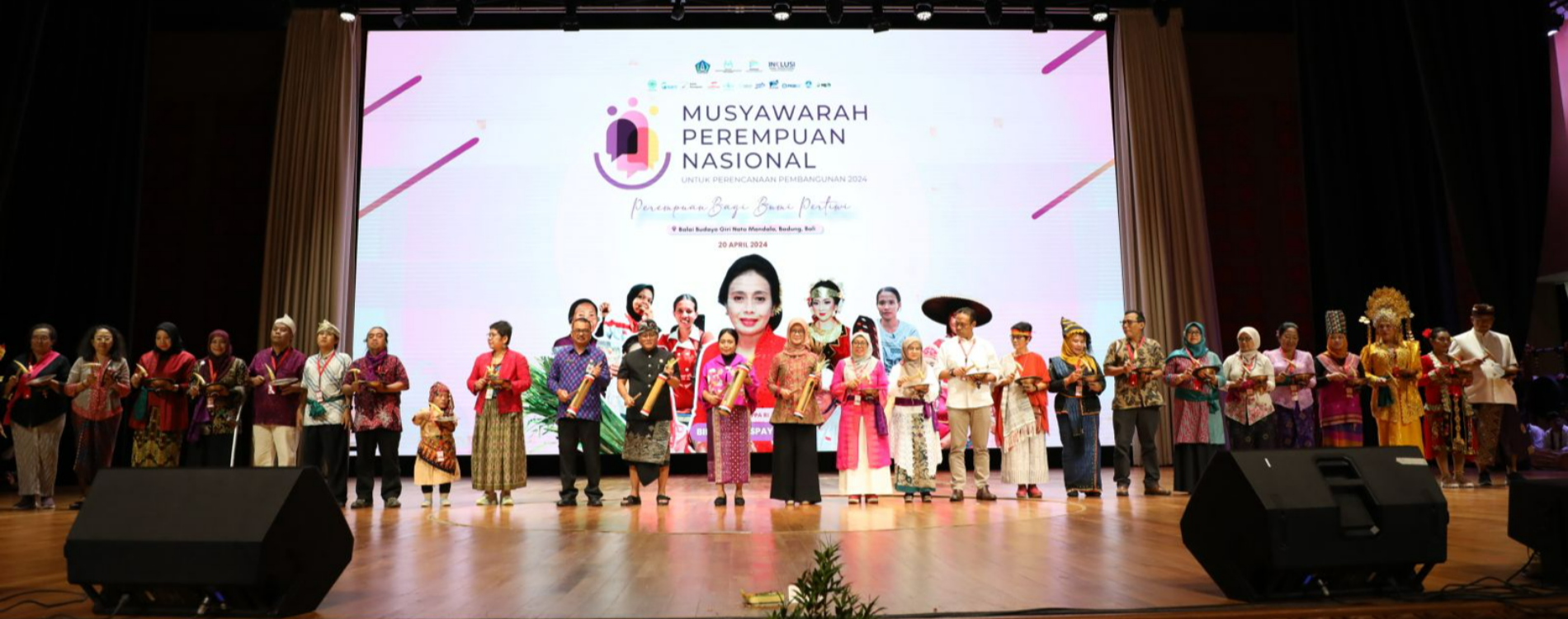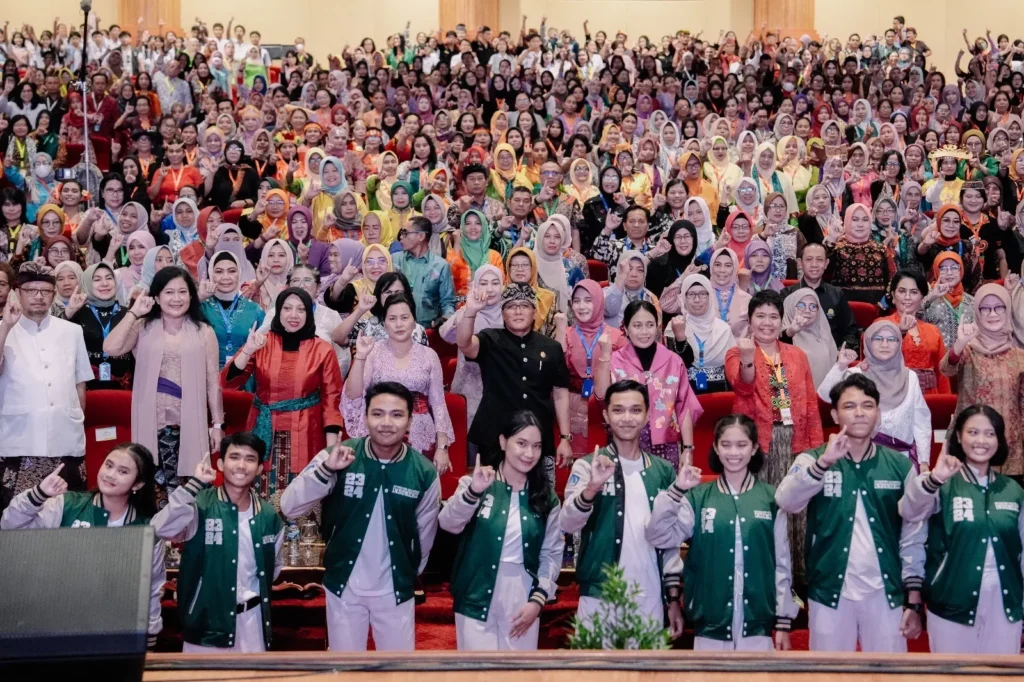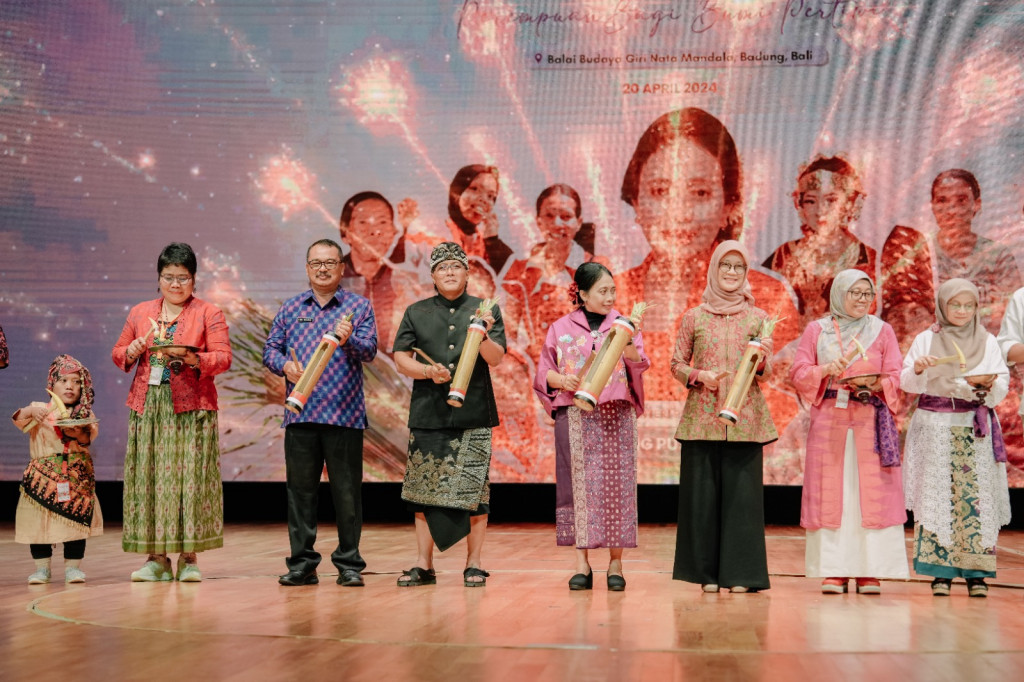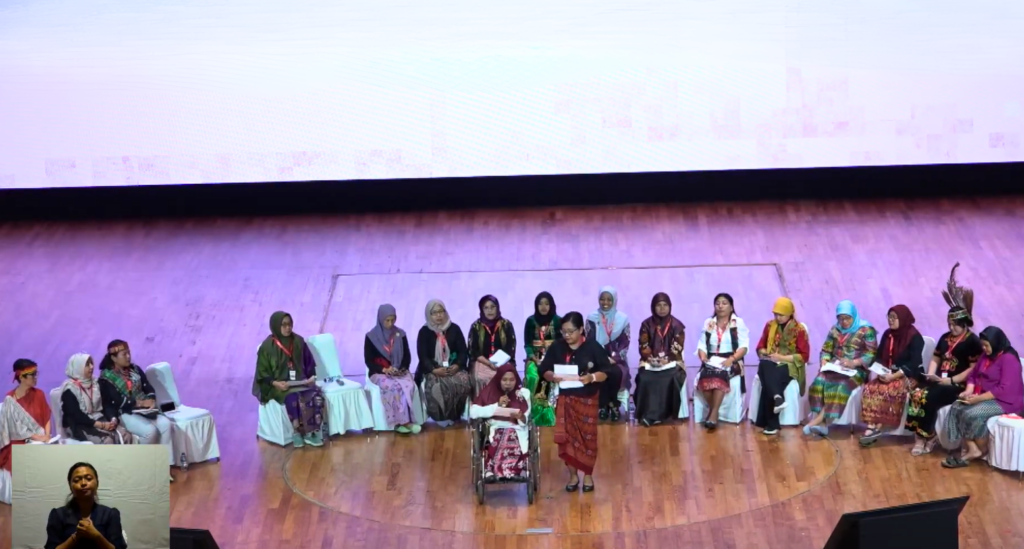In celebration of Kartini Day 2024, partners of the Australia-Indonesia Partnership Towards an Inclusive Society (INKLUSI) program successfully organised the National Women’s Conference 2024, held in Bali in April. The conference theme was Women for the Motherland (Perempuan Bagi Bumi Pertiwi) and it was informed by the aspirations of more than 4,000 women and representatives of marginalised groups from community, village, district, provincial and national levels. The aspirations of these groups were sought through an online event in March designed to contribute to development planning.
The first National Women’s Conference was held in 2023 with the aim of strengthening gender mainstreaming and integrating the perspectives of gender equality, disability, and social inclusion (GEDSI) into the preparation of the National Long-Term Development Plan 2025-2045. The 2024 conference focused on preparing the National Medium-Term Development Plan, ministry and agency strategic plans, regional long-term development plans and regional medium-term development plans.
A total of 1,500 participants from 35 provinces and more than 260 districts/cities attended the Bali conference. The participants came from various backgrounds, including civil society organisations, academics, women’s organisations, disability organisations, adat communities, and other marginalised groups that are part of the INKLUSI partner network. The are all committed to achieving gender equality, social inclusion and inclusive development.
Misiyah, INKLUSI Collective Action Representative for the National Women’s Conference and Chair of the Executive Council of KAPAL Perempuan, explained that proposals gathered in the National Women’s Conference reflect the voices of groups that are often unheard.
“Today, we are providing an opportunity for representatives of nine issues to present their proposals in this forum, representing the voices that have long been unheard from women, disability groups and other marginalised groups. These aspirations have been gradually gathered from the community and village-level to the national level,” said Misiyah.
- Women’s poverty and social protection.
- Women workers, including Indonesian migrant workers, domestic workers, victims of human trafficking, decent work, workers with disabilities.
- Elimination of child marriage.
- Gender-sensitive women’s economy.
- Women’s leadership (women’s participation in decision-making).
- Women’s health (mental health, adolescent and women’s reproductive health).
- Women and the environment (natural resource management, adat communities).
- Violence against women and children.
- Women and children in conflict with the law.
“We need collective strength so that our voices are heard and taken into account. Synergy, collaboration and support from all parties are key to empowering women wherever they are. It is hoped that the National Women’s Conference will be a concrete step towards achieving Indonesia’s future development priorities, aligned with the spirit of equality,” said Bintang Puspayoga.
Amich Alhumami, Deputy for Human Development, Society and Culture at Bappenas (Ministry of National Development Planning), conveyed directives from the Minister of Bappenas. He stated that the National Women’s Conference is a good initial step in providing various community groups with the opportunity to voice their aspirations.
“The format of the National Women’s Conference is very interesting as it presents issues, proposals and action plans, which are then responded to by ministries and agencies. This demonstrates strategic openness and partnership. The government can synergise to realise inclusive development programs based on equality and justice, ensuring no-one is left behind,” said Amich Alhumami.
Amich Alhumami further emphasised that the involvement of women in civil society organisations (CSO) is expected not only in the planning process but also in monitoring the implementation of government development programs.
The National Women’s Conference 2024 produced recommendations that will be symbolically handed over to the Ministry of National Development Planning/Bappenas. These recommendations will be followed up with a gender equality, disability and social inclusion integration policy brief, which will be submitted to each ministry/agency and provincial, district/city and village governments.
It is hoped that through the National Women’s Conference, active participation at the grassroots level will increase, ensuring that the voices of women and marginalised groups are heard and accommodated in fair and inclusive development planning, and that no one is left behind.


